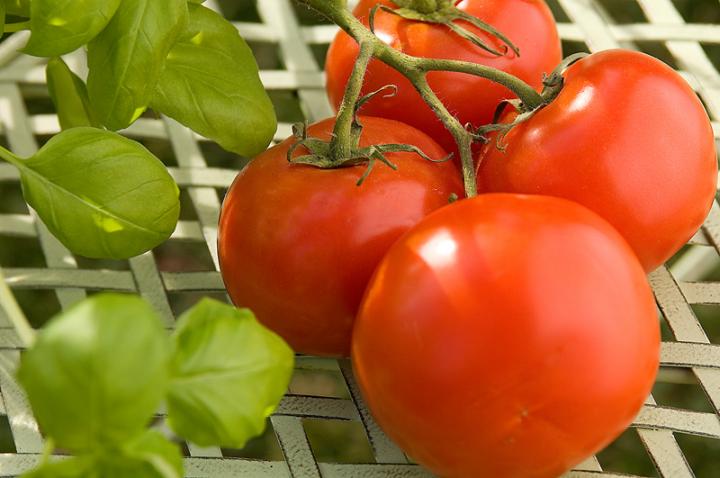By Mary Mwendwa
Final plans are underway to roll out a biotechnology and food security curriculum in African Universities.
The curriculum which at its final stages, is expected to train young scientists in bio – safety has been received with a lot of gratitude from various sectors of development.The curriculum is said not to be new because many African countries are embracing biotechnology, some of these countries are Burkina Faso, Zimbabwe, and South Africa.
University of Eldoret,University of Gloningen in Netherlands, the Polytechnic University of Bobo-Dioulasso in Burkina Faso are among top among universities that have been driving this process.These universities will be training scientists on biotechnology and food security using the curriculum which has been developed by experts from the respective countries.
Controversy has been surrounding Genetically Modified Foods in Kenya where a ban was imposed in 2012 after French scientists associated the eating of genetically modified maize with tumors in rats.
Kenya then went ahead and blocked the importation and eating of the food.The research was later to be flawed and it was withdrawn.
The curriculum will capture areas of Food safety, environmental safety, and risk assessment.
Prof . Miriam Kinyua , Principle coordinator of the program and an associate professor of Biotechnology at the University of Eldoret confirms how this kind of curriculum is unique and of its kind.
“This type of curriculum has been designed in a way that the modules are able to cater for all levels of training up to masters level.In this case, for example, if a student is interested in a particular module, they will be able to enroll for it and upgrade their knowledge in that line.Gaps have been identified by many employers in biotechnology and therefore such kind of training targeted at various areas of biotechnology would be of great help.”

According to Prof. Diran Makinde, Nepad Agency, South Africa, he confirms how they saw a need to come up with such a training curriculum to help in ending hunger by 2030.”We expect to see food production increase and also see increased awareness on orphan crops like sorghum, cowpea and many others gain more popularity to help alleviate hunger.”He said.














